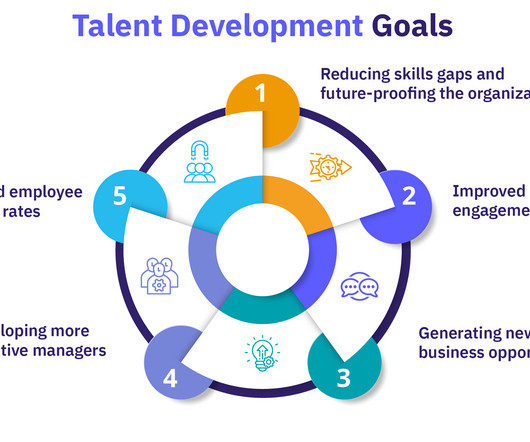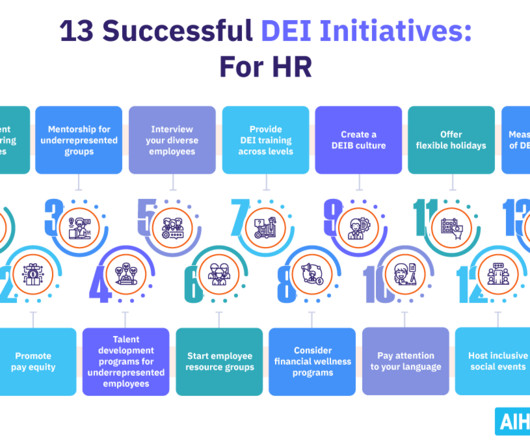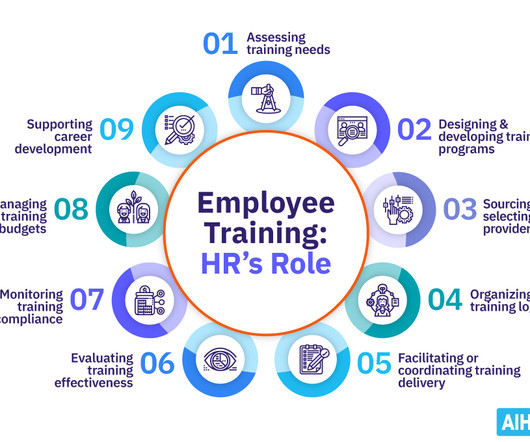Talent Development: 8 Best Practices for Your Organization
Analytics in HR
JUNE 9, 2021
Talent development – strategically developing employees’ skills based on organizational objectives – is the foundation of an organization’s sustainability. How can you facilitate talent development at your organization? Contents What is talent development?




















Let's personalize your content